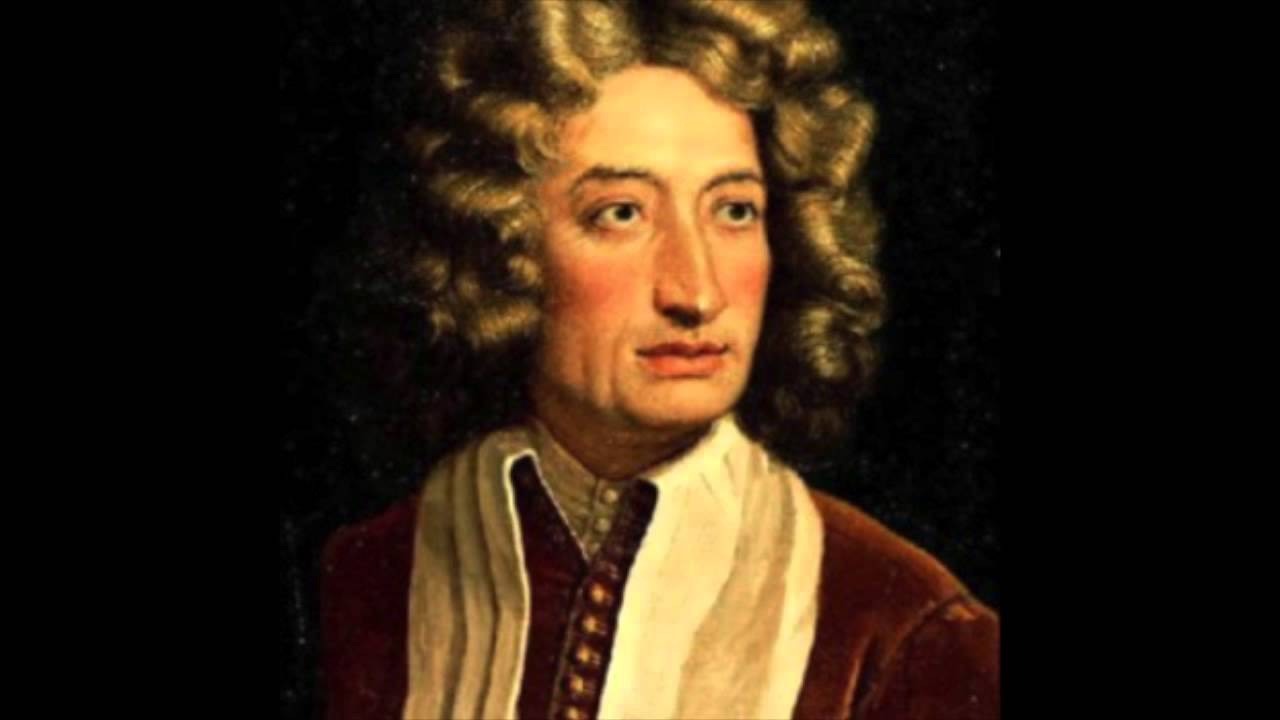
The Story Behind Pachelbel’s Canon in D Major
Welcome to our journey into the rich history of one of the most beloved classical pieces, Canon in D Major by Johann Pachelbel. This Baroque[…]
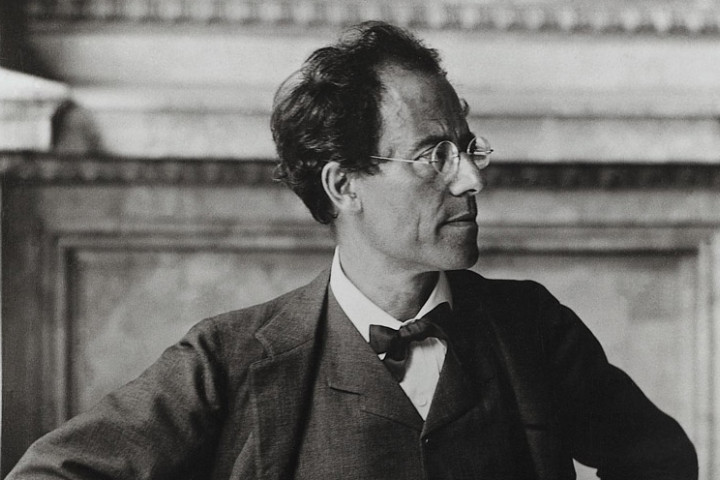
The Story Behind Mahler’s Symphony No. 5
Gustav Mahler’s Symphony No. 5, composed between 1901 and 1902, is a defining work of the Austro-Bohemian composer, rich with intensity, emotional depth, and innovation.[…]
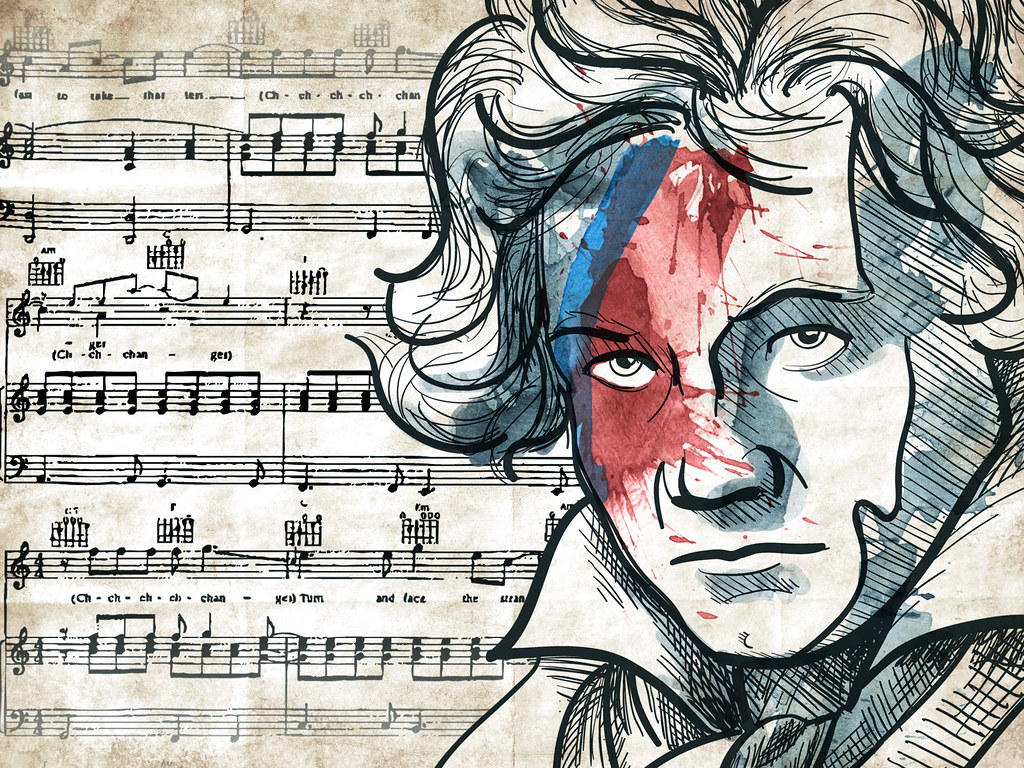
The Story Behind Beethoven’s Moonlight Sonata
Welcome to our journey into the story of one of the most beloved compositions of all time: Beethoven’s Moonlight Sonata. This masterpiece, with its haunting[…]

From Harpsichords to Concert Grand: Unveiling the Magnificent Invention of the Piano
Throughout the history of music, numerous instruments have captivated audiences with their melodious sounds and unique qualities. Among these extraordinary inventions stands the magnificent piano,[…]
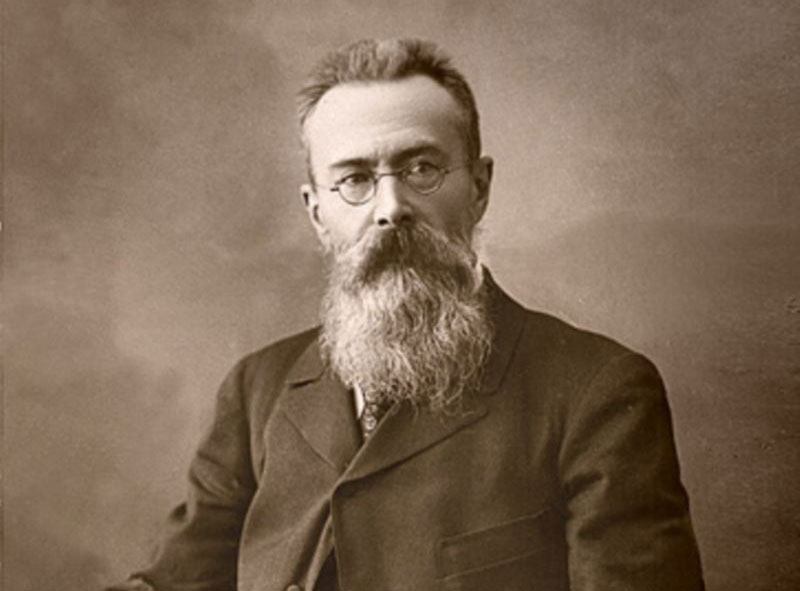
Nikolai Rimsky-Korsakov: The Melodic Mastermind of Russian Music
In the world of classical music, there are composers whose works continue to captivate audiences even long after their time. One such luminary is Nikolai[…]
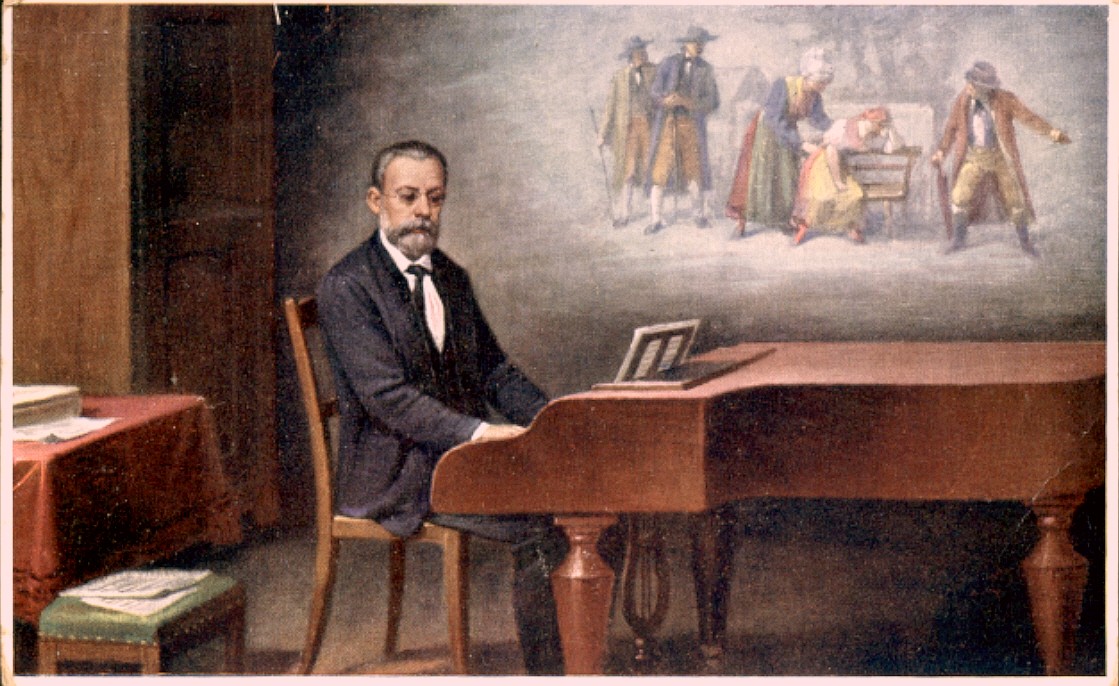
Bedřich Smetana: The Maestro of Czech Music
Born on March 2, 1824, in the picturesque town of Litomyšl, Bohemia (now part of the Czech Republic), Bedřich Smetana displayed a prodigious musical talent[…]
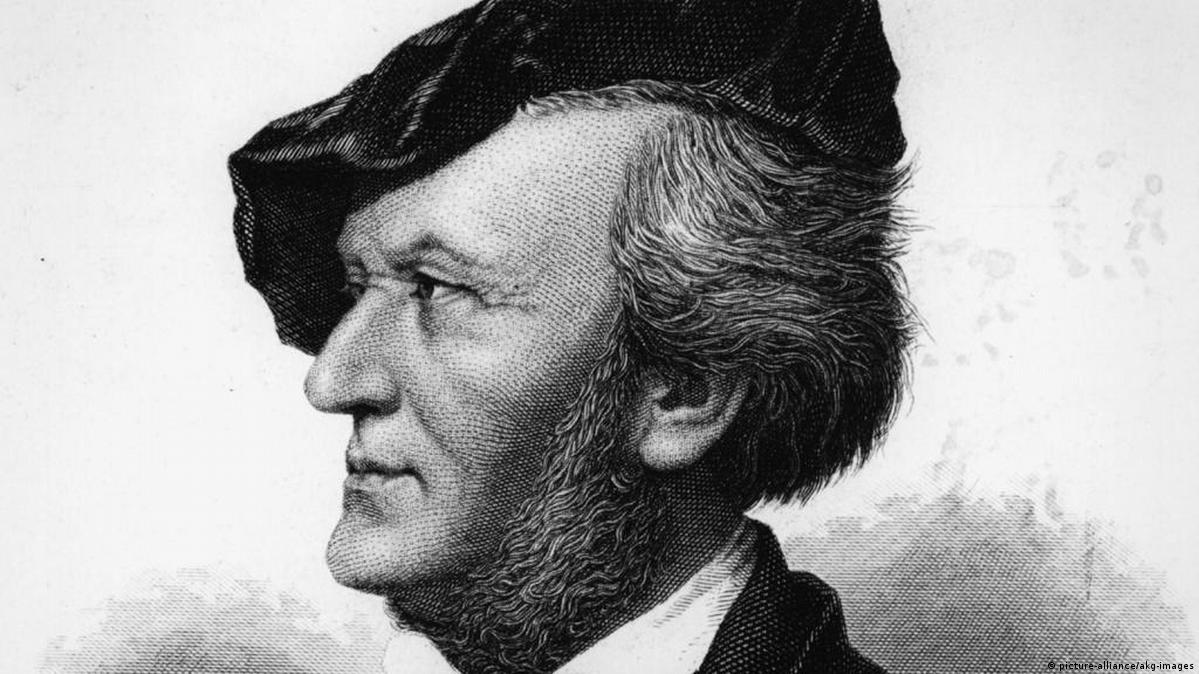
Life and History of Wagner
Richard Wagner’s passion for music blossomed at an early age. Growing up in a theatrical family, he was exposed to the arts from the start.[…]

A Brief History of the Piano
The piano is a keyboard instrument that has a long and rich history of innovation and evolution. It is widely regarded as the most popular[…]

Dvorak – Short Biography
Dvorak – Short Biography vořák was born in Nelahozeves, a Bohemian village on the Vltava River north of Prague. He came to know music early, in[…]

The Story Behind “Canon In D Major” by Pachelbel
The Story Behind “Canon In D Major” by Pachelbel Like his other works, Pachelbel’s Canon went out of style, and remained in obscurity for centuries. A[…]